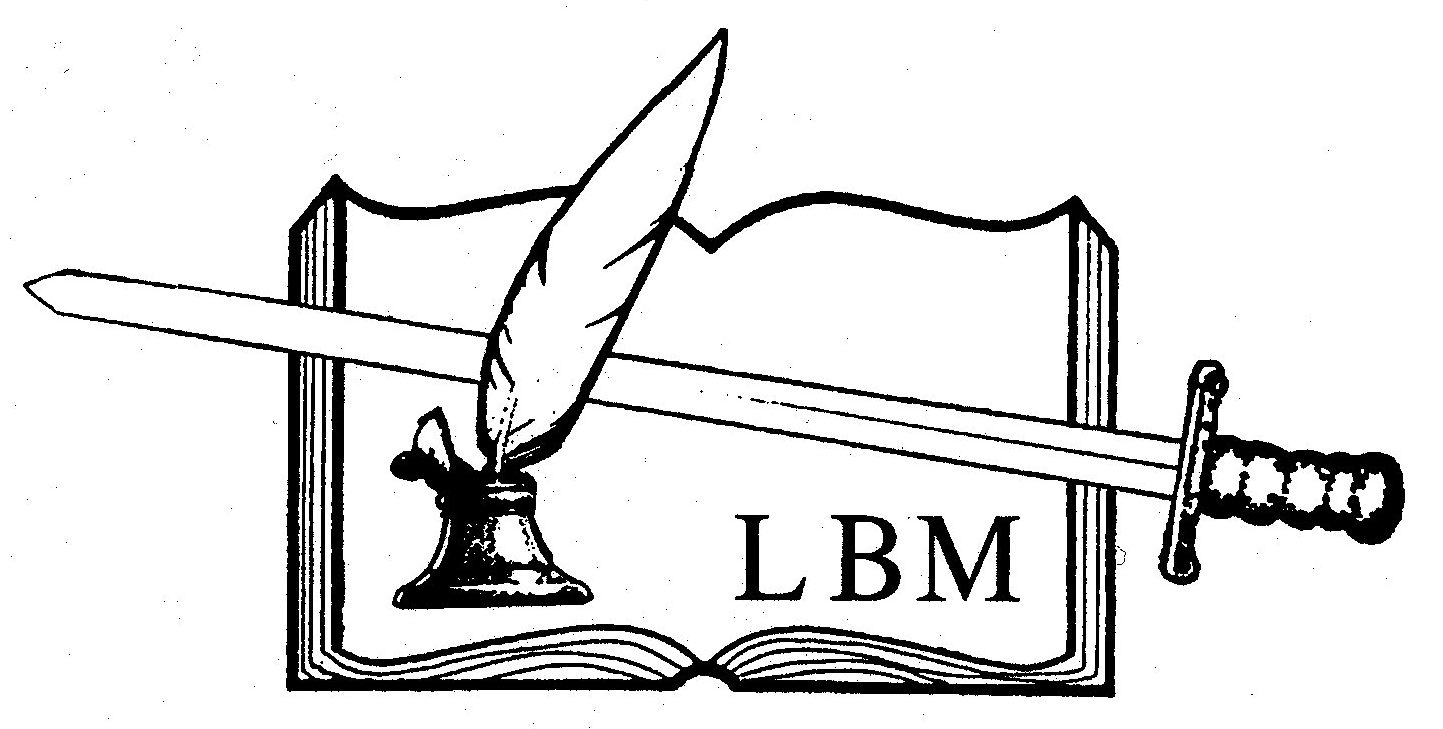The federal Volunteer Protection Act (VPA) generally removes liability of individual volunteers for damages caused by their “simple or ordinary negligence,” provided that the individual was acting within the range of responsibility to the eligible non-profit and “was not grossly negligent or intentionally causing harm.” It only protects individual volunteers. It does not grant immunity or limit the liability of a non-profit (such as for contract or tort or employment discrimination liabilities).
Section 14503(a) of the VPA says that a volunteer is immune provided they are not subject to certain exceptions:
- The volunteer was, at the time, acting within the range of their responsibilities;
- The volunteer was properly licensed, certified, or authorized by the appropriate authorities (if required or appropriate)*;
- The harm was caused by simple or ordinary negligence (rather than by gross negligence, intentionally, or worse**); and
- The harm was not the result of the volunteer operating a vehicle, vessel, or aircraft for which either a license or insurance is required under state law.
* Think of a non-CPA filing certain information returns with the IRS for example.
** Including claims that involve violence, terrorism, hate crimes, sexual offenses, civil rights violations, and drugs and/or alcohol.
Who Qualifies as a Volunteer?
The VPA 14505, subsection (6) declares that a volunteer is an individual who provides services to the corporation and whose “compensation” is no more than $500.00 per year. Title and office do not matter in determining status. Armendarez v. Glendale Youth Center, Inc., 256 F.Supp. 2d 1136 (D.C. AZ 2003)
Federal v. State Protection
The VPA preempts state legislation so that protections may only be added. The exception is that a state may vote to opt out of the VPA, however, only the state of New Hampshire has done so.
In Massachusetts, charitable corporations, trusts and associations are not liable for more than $20,000 in damages for injuries caused by the corporation while engaging in charitable activities. Charitable activities are those that directly contribute to the non-profit’s purpose. Revenue generating events will be considered commercial unless the activity is part of the organization’s purpose. (e.g. A car wash or Christmas tree sale would be considered commercial unless such activities contribute to the corporation’s mission.) This limitation does not apply to causes of action other than common law damages. This act does not provide immunity against suits that do not arise in tort, such as employment, contract and discrimination cases.
Massachusetts also protects uncompensated officers, directors and trustees of educational institutions that have Section 501(c)(3) status under the Internal Revenue Code including from liability for claims other than tort. This unique protection is not limited to claims arising from non-commercial activities.
Further Thoughts
Although the terms of the VPA are broad, there are a few cases to help us interpret the laws. One case broadly read the VPA to exempt Directors from wage liability under the federal Fair Labor Standards Act. Armendarez Id. We always recommend general liability insurance for charitable corporations to protect its interests, and officers and directors policies for their officers, directors and trustees. Although expensive, some non-profits, with significant numbers of employees, insure against employment discrimination claims.
